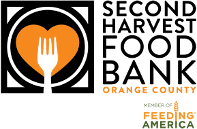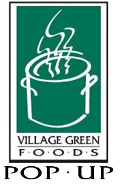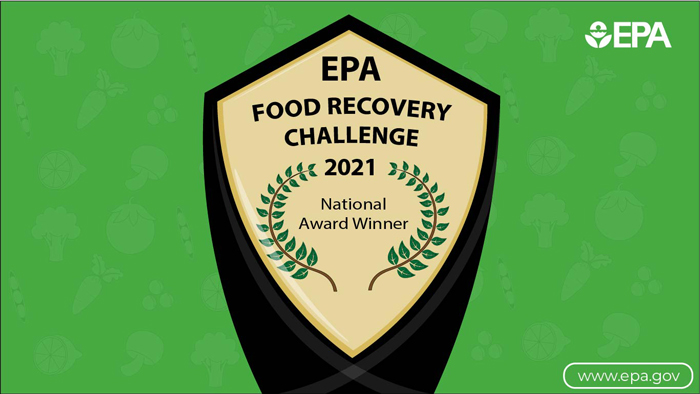
EPA 2021 National Award Recipient for Education and Outreach
Who We Are
OCC Recovery Kitchen was founded in 2019 as part of the Foodservice Management Program at Orange Coast College in Orange County, California.
Our Purpose — To combat food insecurity and food waste through campus curriculum.
Our Mission — To educate our students on how to be able to repurpose a surplus of wholesome edible food that would otherwise end up in landfills into healthy meals for our students and community members in need.
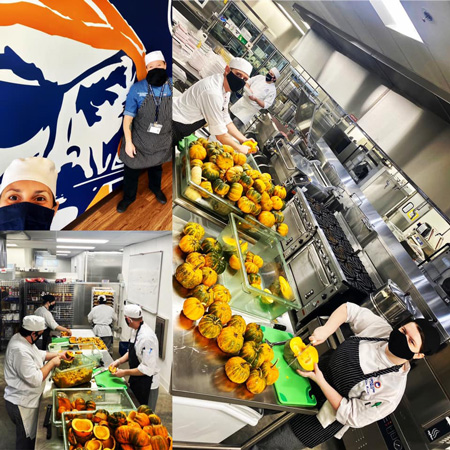
Why We Were Formed
OCC Recovery Kitchen was formed to help end student hunger and food waste on campus while educating the students in Orange Coast College’s foodservice management, culinary arts, baking & pastry and nutrition programs in a commercial high-volume kitchen emphasizing proper handling and processing of recovered foods.
In 2019, an estimated $408 billion worth of food was unsold or uneaten in the United States (ReFed Inc.) Meanwhile, a recent 2020 study by the Hope Center found that 40 percent of college students experienced food insecurity within the previous 30 days. This is a problem that can be fixed.
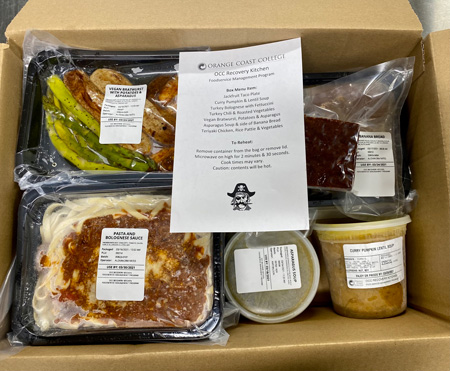
What We Do
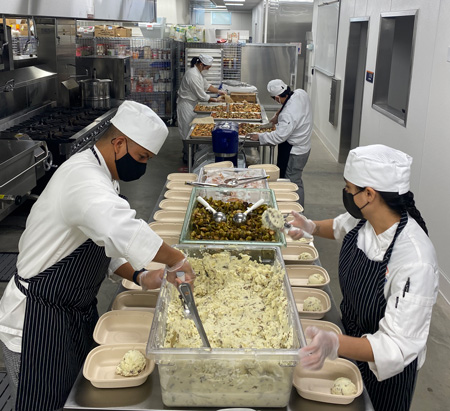
Food Recovery — Collection of wholesome surplus edible food.
Food Production — The meals produced in the recovery kitchen are repurposed and repackage into healthy, nutritious, sealed tamper proofed meals with an extended shelf life not only for the OCC families but for the entire community in need.
Organic Waste Collection — Campus food waste will be collected and utilized in our campus’s CITYPOD composter which has an annual capacity of 82 metric tons (approximately 181,000 pounds).
Who We Feed
OCC Recovery Kitchen’s primary focus is supporting our students who find themselves having to choose between a full belly or healthy and nutritious food on a regular basis. Additionally, we collaborate with a handful of non-profit organizations in our community that are working to end hunger and homelessness.
In 2020, we produced and distributed 212,392 meals to OCC students and the community in need. We recovered 609,541 pounds of surplus wholesome edible food that would otherwise go to the landfills.
Help Support the Kitchen!
For More Information
Partnerships

